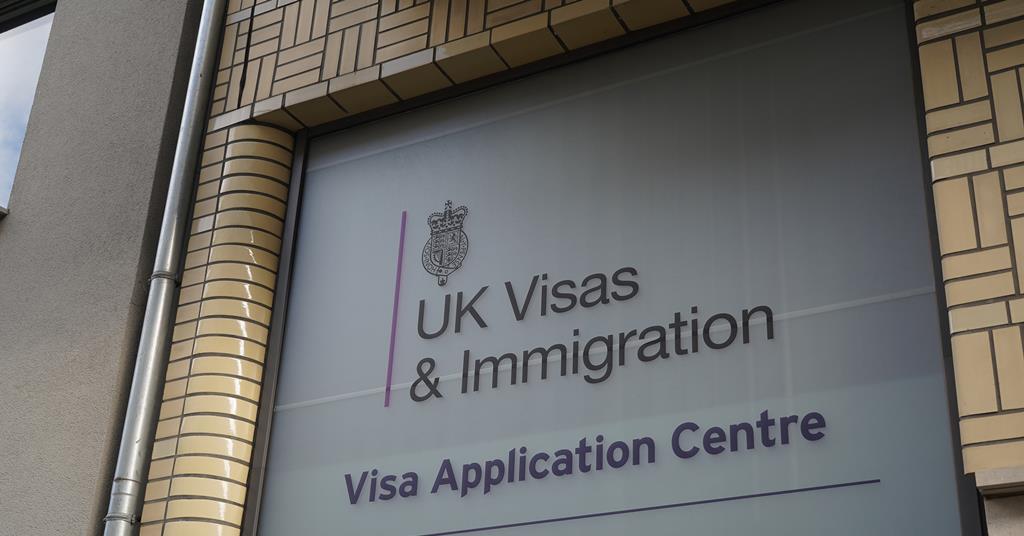Upfront visa costs for researchers to come to the UK continue to be significantly higher than other countries, according to a new Royal Society report.
The report updated immigration costs in the UK and compared them with 17 other countries that are leaders in science. It included the skilled worker visa (SWV), global talent visa (GTV), and student and graduate visas in its analysis.
Upfront immigration costs increased by up to 3% from 2024 to 2025, depending on visa type, and by up to 128% since 2019 – 79% in real terms. UK costs are up to nine times higher than the average. However, when the UK is excluded from the international average, costs are up to 22 times higher. Earlier this year, the House of Lords science and technology committee called the UK’s visa policy an ‘act of national self-harm’.
The largest chunk of these costs is the immigration health surcharge (IHS), which allows immigrants to use the UK’s health service free of charge. It rose by 66% last February to £1000 per year. Applicants must pay the IHS in full before a visa is issued, meaning a five-year stay costs applicants £5175 with visa fees on top.
Expenses mount even further if applicants have dependants. For example, a family of four coming to the UK on a five-year GTV is liable to pay £21,000 upfront. Even without the IHS, application fees are still significantly higher than the average – £766 compared with £275 in 2025 – in other leading science nations.
The report finds the GTV, the ‘premier’ route for talented and promising researchers, is the costliest of all visas in the study, followed by the SWV. Respectively, they are 79% and 133% more expensive than the next most expensive visa that is for the US, and are still more expensive even with the IHS excluded.
The UK student visa is also the most expensive of its type, almost three times higher than Australia’s and Switzerland’s, which comes in second and third, respectively. However, when excluding the IHS, it becomes the third most expensive, charging the applicant 30% less than Australia and imposing no employer costs, unlike Switzerland.
‘The UK has a great reputation for research and innovation but that is not enough,’ said Adrian Smith, president of the Royal Society. ‘We need to reduce immigration costs, streamline the GTV system and retain a fast-track to settlement for top talent. [This] latest data on visa costs shows them spiralling upwards instead of coming down. And talk of cutting costs for a small band of scientific prize winners [through the Global Talent Fund announced in the government’s Industrial Strategy this summer] is just not enough. The US may well be putting up its own barriers to recruiting talent so the UK could become the number one destination for talent, but we need less talk and more action.’
Daniel Rathbone, deputy executive director of the Campaign for Science and Engineering, pointed out that his organisation’s recent work has shown that upfront costs for UK visas are putting off the best and brightest. ‘This new report shows that barriers in the UK visa system continue to grow ever higher. The availability of financial support from employers to meet these fees can make or break leading researchers’ decisions to come to the UK, and this support comes at a cost for organisations that is becoming unsustainable. Money spent on visa fees is often money not invested in research.’


